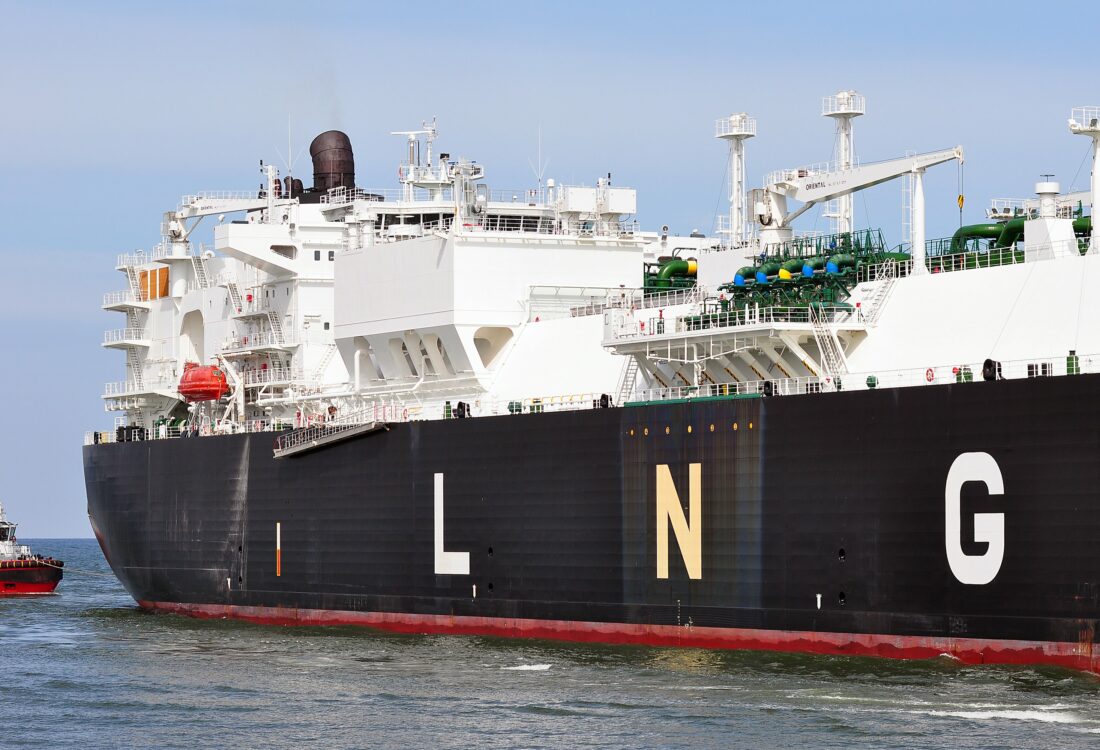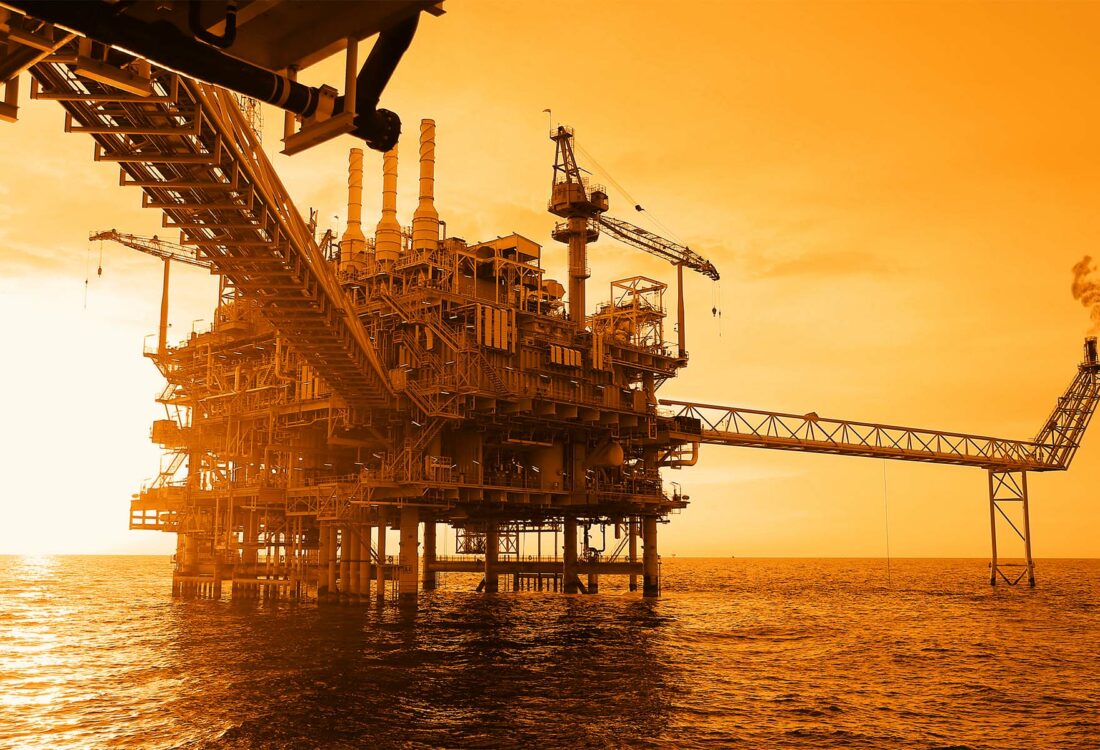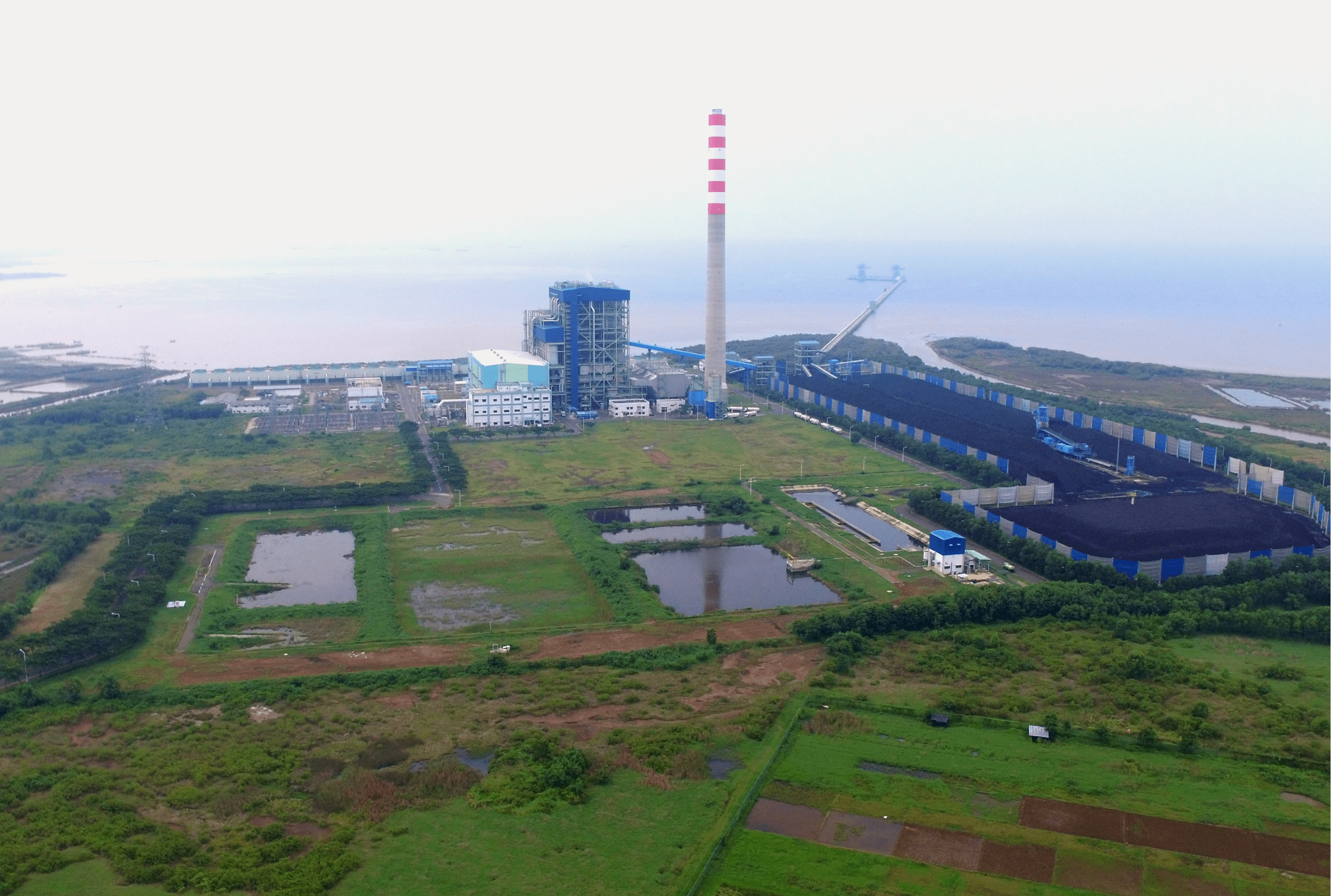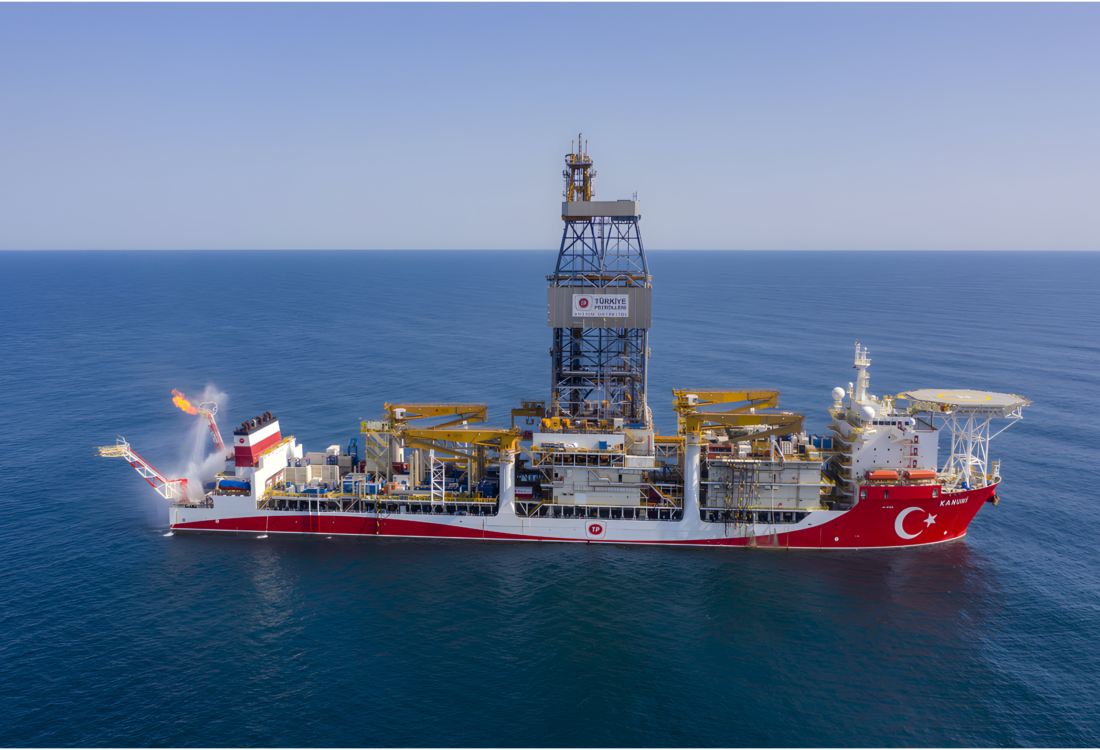A sample of major ECA-supported fossil fuel projects

Mozambique LNG and Coral South — fossil fuel projects that are fuelling the climate crisis and violence
In 2011 one of the world's largest gas reserves was found in northern Mozambique. ECAs from all over the world — including from China, France, Italy, South Korea, Japan, Netherlands, South Africa, the UK and the US — along with other financial institutions and multinationals have since been involved in financing the USD 20-billion Mozambique LNG project and USD 8-billion Coral South project.
On land, constructions forced hundreds of families from rural communities out of their homes and away from their farmland and fishing ground. Furthermore, since 2017 a violent conflict has been raging in the region. Human rights and environmental groups warn that the project is worsening the conflict and fueling violence from armed militias.

Barossa LNG in Australia — a “proposed carbon-dioxide emissions factory with an LNG by-product”
The proposed Barossa gas project in Australia is en route to become the world's most carbon-intensive offshore fossil gas project. If it goes ahead, the project will further accelerate climate change by venting millions of tons of greenhouse gasses into the atmosphere. The project could have a severe impact on the livelihoods of local communities in Australia, Indonesia and Timor Leste. On September 21, 2022 the Indigenous Tiwi people won a landmark court case in Australia’s federal court, invalidating Santos’ license to operate on the basis of insufficient community consultation.
Despite the court’s ruling Barossa continues to receive investment support from both public and private financiers. The project has already received nearly USD 200 million in ECA financing from Korea's KEXIM. Additional financing for the project is being considered by KEXIM, Korea's K-SURE and Japan's JBIC.

Cirebon 2 coal plant in Indonesia — a project linked to corruption and risks for climate and local life
A consortium of Japanese, South Korean and Indonesian companies have constructed a 1000-MW coal-fired power plant in the West Java province of Indonesia. Besides the risks to climate, the project carries various environmental and social risks. These risks result from, among other things, the lack of appropriate measures to restore threatened livelihoods; the lack of adequate technology for pollution control; an inadequate environmental impact assessment; and the lack of sufficient public participation in the plant's development process.

Sakarya gas field in Turkey - the largest gas reserve in the Black Sea
The Sakarya Gas Field is owned by Turkish Petroleum and is considered to contain “the largest gas reserves discovered in the Black Sea.” The project is currently under development and is expected to commence commercial production in 2024, continuing until 2057. During the project's initial phase, it will have a production capacity of 3.5 billion cubic meters per year. Calculations from Oil Change International finds that the total emissions from this phase will amount to 140 million tons, which is nearly 3 times larger than Norway's annual national greenhouse gas emissions. Turkish Petroleum plans to expand from 10 to 40 wells during this phase, consequently with a large spike of CO2 emissions. The Italian and Norwegian ECAs SACE and Eksfin approved a total of 611 million USD financing deal for the project in May 2023. For Norway this was in the form of a guarantee made to Subsea 7, a Luxembourg incorporated company which is listed on the Oslo Stock Exchange. Subsea 7 has contracts for the two phases of the Sakarya project for infrastructure services.